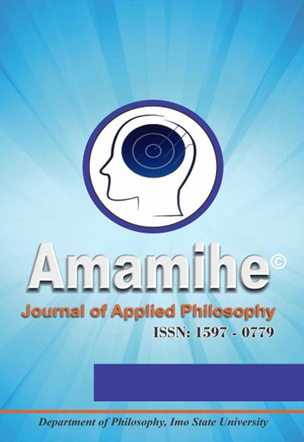
Vol. 23 No. 3, 2025
ABSTRACT
This study critically examines the challenges of poverty to human dignity. Poverty and human dignity are intricately connected, with the former often undermining the latter. Poverty and human dignity are analysed from the philosophical, cultural and religious perspectives, and international human rights frameworks, exploring the multifaceted trajectory between them; and also emphasising the importance of understanding and addressing these dynamics to foster equitable and egalitarian society. Similarly, the impact of poverty on human dignity is explored across physical, psychological, social, and economic perspectives. The role of government and non-governmental organisations (NGOs) in employing education, economic development, and healthcare in addressing the challenge of poverty such as hunger, persistent inequalities, systemic barriers, and upholding human dignity cannot be over-emphasised; underscoring the need for global cooperation and commitment to sustainable development goals and poverty alleviation. In all these, the fundamental question that needs urgent attention is: why is it that of all the efforts made to alleviate poverty globally it still persists. We critically examined these questions and construed that going forward; there is an urgent need for deconstruction of political structure of all the countries whose poverty index is high through constitutional reforms, and until that is done there will be no sustainable development that will help in alleviating poverty and restoring human dignity.
